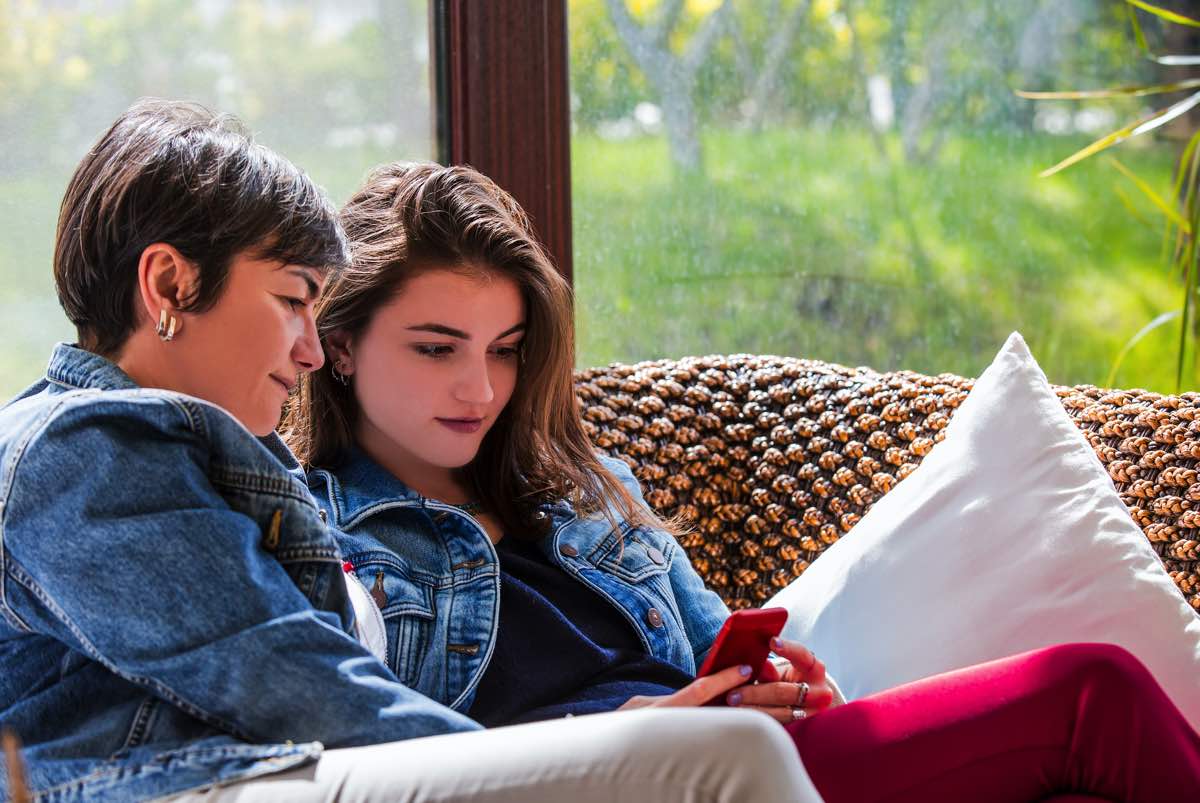Monitoring your child's digital life
 The question of whether or not parents should monitor their children’s social media often triggers a lot of follow up questions. At what age should parents start and stop monitoring their child’s social media? Should they tell their child that they’re doing it, or hide it from them?
The question of whether or not parents should monitor their children’s social media often triggers a lot of follow up questions. At what age should parents start and stop monitoring their child’s social media? Should they tell their child that they’re doing it, or hide it from them?
The overall purpose of monitoring a child’s online activity should be less about ‘catching them out’ and more about encouraging them to actively self-regulate and avoid partaking in dangerous or reckless activity. The ultimate goal is one of supporting children’s independence to make these decisions themselves as a responsible and rational adult.
If you have serious concerns about your child’s online safety and wellbeing, and if you feel they need more time to earn your trust, consider setting up regular spot-checks (with your child’s knowledge) to help keep tabs on their online activities.
Tell your child what you want to look at and what you are looking for (e.g. their privacy settings, what they’re sharing and with who), and make it clear you’re doing it to help keep them safe.
We recommend checking out these helpful articles in the Beacon app:
- Gaming and screen time (video) by ySafe
- Why the best parental control is YOU by Common Sense Media
- 3 places families should make phone-free by Common Sense Media
Simply search these titles in the FOR YOU menu or type 'screen time' for a full list of helpful articles and videos.
Technology is like a swimming pool
Beacon Director Professor Donna Cross talks about a helpful analogy of thinking about technology the way we think about teaching our kids to swim.
Just as young people learn about how to swim safely with adults' help, they need adult supervision and guidance to make safe and wise choices in online environments too
7 tips for managing screen time
Parents are often presented with conflicting advice, often based on research about screen time. Over time the focus has been less on the time they are spending on a screen and more on the quality of the content and how children are engaging with it. There are a number of factors that determine the most appropriate time for your child to be on a screen based on their age, maturity, the content they are exposed to and family routines.
Other considerations parents need to consider is about the impact of screen use on their child’s overall health and wellbeing whether it is impacting on their face-to-face connections with family and friends. It’s about finding the balance of online and offline activities for your child.
Here are the 7 tips for managing screen use in your family:
- Be involved so you can determine the appropriateness of the activity, manage potential risks and have ongoing conversations with your child about their digital life.
- Work with your child to set boundaries for screen use. Children are more likely to cooperate if they are part of the decision making process.
- Be clear and consistent about the consequences of not switching off.
- Set device-free zones and times at home.
- Ask your child to explain their screen use to help them reflect on their digital habits.
- Use tech tools to help manage access and to provide insights into the apps being used and for how long by each family member.
- Lead by example.
Content source:
eSafety Commissioner "Managing screen time - 7 tips"